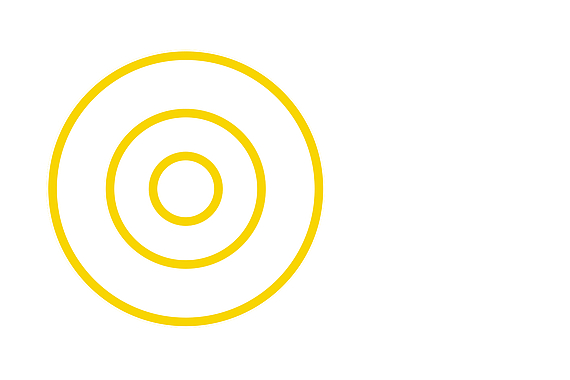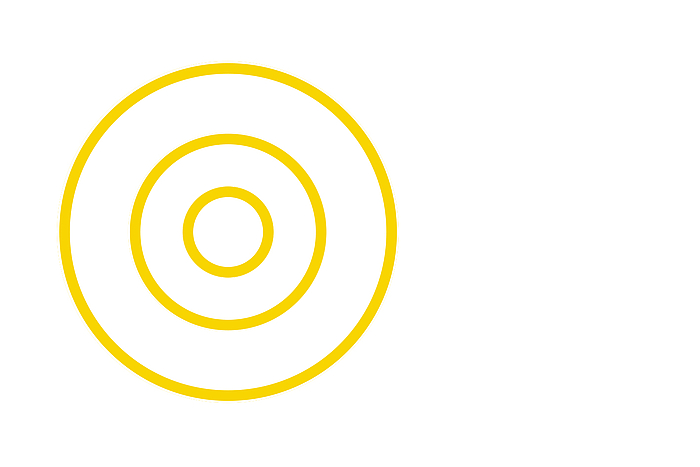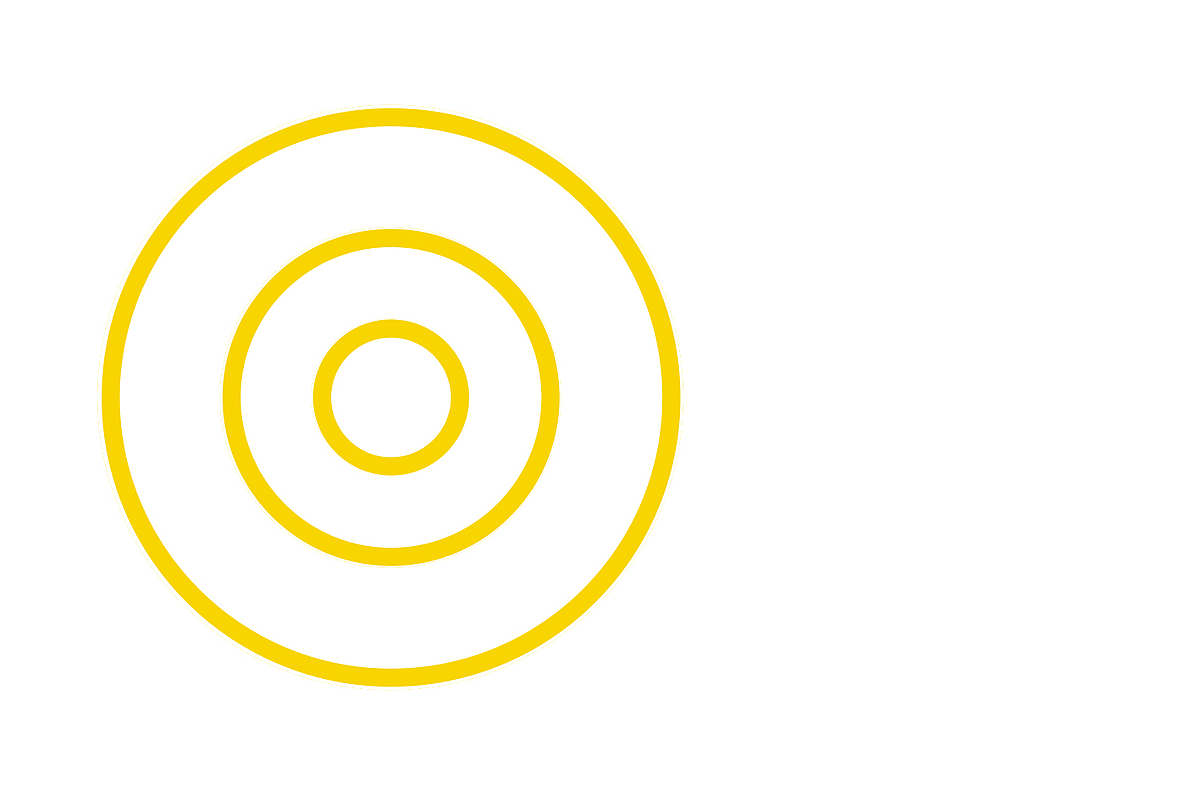


Reflexive Design
The Faculty in Hannovers builds on the current discussions in the theory of science on the potential of design. Here it is found that a classical understanding of science, which looks for transferable methods by means of causal analysis, often falls short for complex questions that have to deal with value systems and uncertainty. Against this background, many science theorists see designing as a productive mode of knowledge production. According to Hans Poser, designs allow us to think about, evaluate, and sensibly realize possibilities - a skill for dealing with highly complex structures that characterize our technologized life forms of the present. Against this background, the Faculty of Architecture and Landscape Sciences will reflect anew on design as an intrinsic method of architecture, urban planning, landscape architecture and open space design. This research focus is unique in Germany and at Leibniz Universität Hannover can rely on the proven profile in theory and practice of design at all levels of spatial design - from the house to the region. The research field of "reflexive design" can thus be related to every conceivable scale and the entire cycle of analysing and documenting, thinking, inventing, specifying, communicating, implementing etc. In this way, innovative discourses, processes and projects generate creative contributions to the design of habitats of the future. (Margitta Buchert, Martin Prominski)



